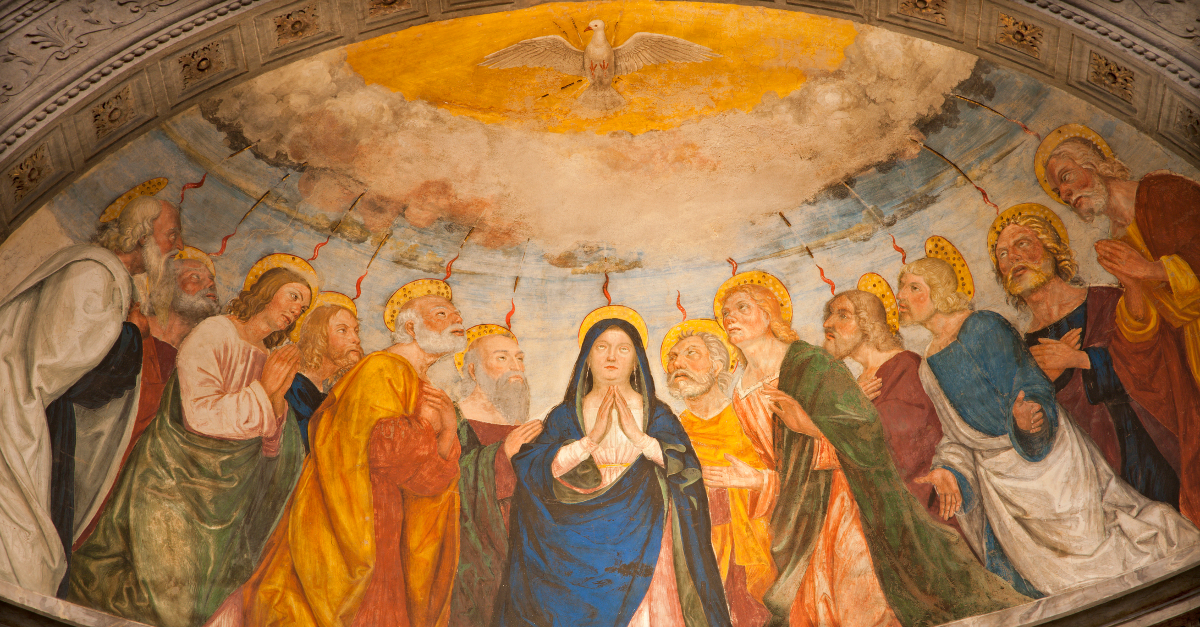Pentecost Sunday is a significant event in the Christian calendar, typically observed fifty days after Easter Sunday. It commemorates the outpouring of the Holy Spirit upon the early followers of Jesus as described in the New Testament book of Acts, particularly in Acts 2. The word “Pentecost” itself comes from the Greek word for “fiftieth,” reflecting its timing as the fiftieth day after Passover in the Jewish calendar.
The events of the first Pentecost occurred in Jerusalem, where Jesus’ disciples had gathered together after His resurrection. As they were praying, suddenly there came from heaven a sound like a mighty rushing wind, and tongues of fire appeared and rested on each of them. They were filled with the Holy Spirit and began to speak in other languages, enabling them to communicate with the diverse crowd of Jews who had gathered in Jerusalem for the festival.
The miraculous speaking in tongues drew attention, and Peter, one of the disciples, stood up to address the crowd. He proclaimed the message of Jesus Christ, explaining His death, resurrection, and the significance of Pentecost as the fulfillment of prophecy. Through Peter’s preaching, many people were convicted of their need for salvation, and about three thousand souls were baptized that day.
Pentecost is often referred to as the birthday of the Christian Church because it marks the beginning of the public ministry of the apostles empowered by the Holy Spirit. It symbolizes the birth of the Church as a dynamic and Spirit-filled community, empowered to carry out the mission of spreading the gospel to all nations.
Today, Pentecost Sunday is celebrated by many Christians around the world with special services and activities. Churches may emphasize the work of the Holy Spirit in their worship, teaching, and prayer. Some traditions include special prayers for the Holy Spirit’s guidance and empowerment, as well as the singing of hymns and songs that reflect the themes of Pentecost.
In addition to its historical significance, Pentecost serves as a reminder to believers of the ongoing presence and power of the Holy Spirit in the life of the Church. It encourages Christians to seek a deeper relationship with God and to be open to the leading of the Spirit in their lives and ministries.
Discover more from DailyReflections
Subscribe to get the latest posts sent to your email.

